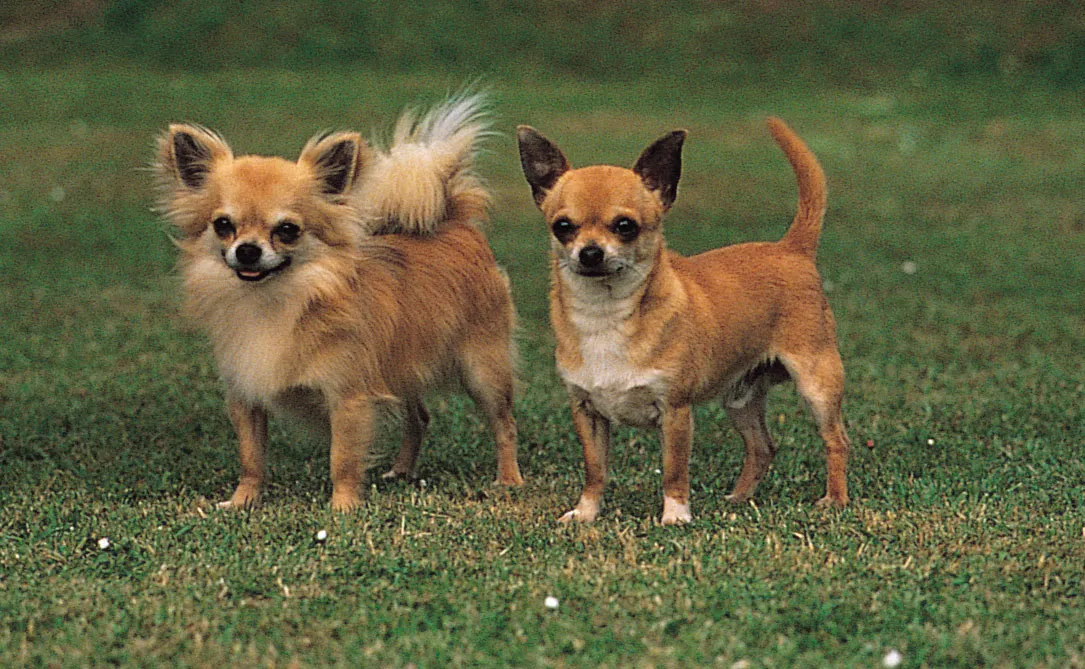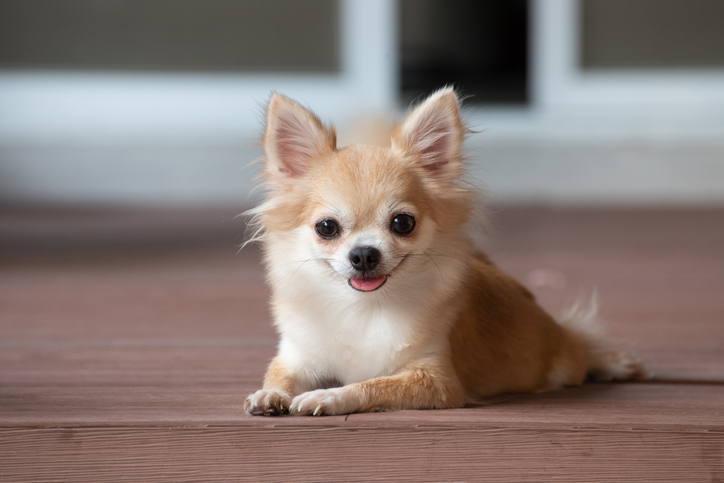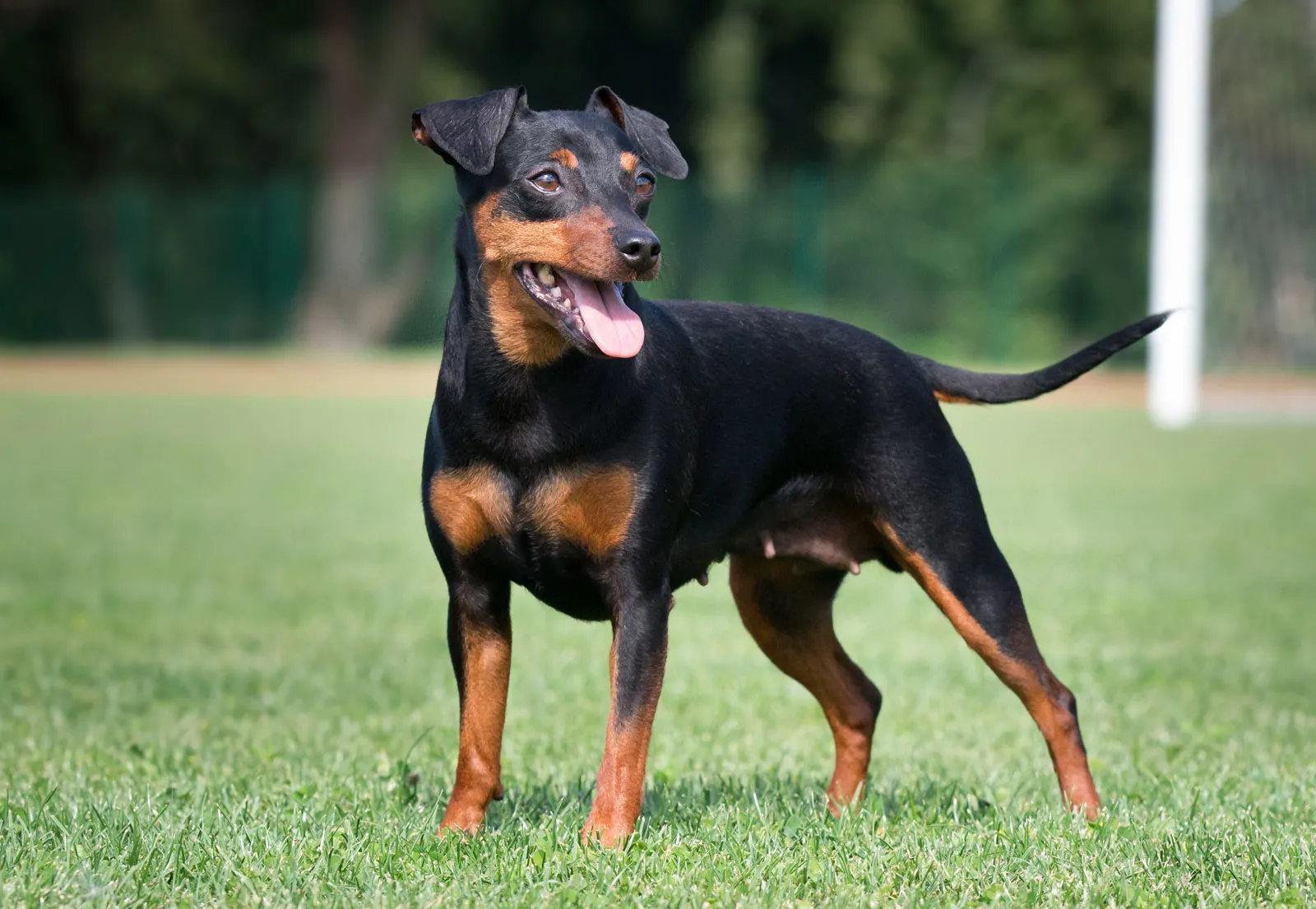When it comes to small dog breeds, Chihuahuas and Miniature Pinschers (often referred to as Mini Pinschers) are two popular choices among dog lovers. Both breeds boast distinct personalities, appearances, and historical backgrounds, which can lead to confusion for those unfamiliar with their unique characteristics. In this comprehensive blog post, we will explore the differences between Chihuahuas and Mini Pinschers, examining their physical traits, temperaments, health, and care requirements to help you determine which breed might suit your lifestyle best.
Breed Origins
Chihuahua
The Chihuahua is named after the Mexican state of Chihuahua, where it is believed that the breed originated in the mid-19th century. Their ancestral roots trace back to the ancient civilization of the Techichi, a small companion dog kept by the Toltec people. Over time, the breed underwent various changes and refinements, leading to the tiny, spirited dogs we see today. Chihuahuas are often associated with Mexican culture and are commonly seen accompanying celebrities, thanks to their portability and appealing nature.
>>> Buy now: Papillon Agility Dog Unisex Shirts
Miniature Pinscher
Contrary to what some may think, the Miniature Pinscher is not a smaller version of the Doberman Pinscher, despite sharing the name. The breed originated in Germany and was developed in the early 20th century as a ratter. Mini Pinschers were bred from several breeds, including the Dachshund, Italian Greyhound, and German Pinscher. Their agile, energetic nature made them excellent for hunting and controlling vermin, and they quickly became popular as family pets.
Physical Appearance
Chihuahua
Chihuahuas are one of the smallest dog breeds, typically weighing between 2 to 6 pounds and standing around 6 to 9 inches tall at the shoulder. They have a distinctive apple-shaped head, large upright ears, and expressive eyes that can range in color from brown to blue. Their coats come in two varieties: smooth (short-haired) and long-haired (with feathering on the ears, legs, and tail). Chihuahuas can be found in almost any color or pattern, from solid to spotted.
Miniature Pinscher
Miniature Pinschers are slightly larger than Chihuahuas, usually weighing between 8 to 12 pounds and standing 10 to 12.5 inches tall. They have a sleek, muscular build and are often described as “stout” and “compact.” Their short, shiny coats come in various colors, including black, chocolate, rust, and red. Mini Pinschers have a square-shaped body, a distinguished wedge-shaped head, and a long neck, giving them an elegant appearance.
Temperament
Chihuahua
Chihuahuas are known for their feisty personality and strong attachment to their owners. They are highly loyal and often form a close bond with one person, making them excellent companions. Despite their small size, Chihuahuas can exhibit a larger-than-life attitude and may not hesitate to challenge bigger dogs if they feel threatened. They can be quite vocal, expressing their feelings through barks and growls. Proper socialization and training from an early age are essential to prevent potential aggression towards strangers and other animals.
Miniature Pinscher
Miniature Pinschers are often described as energetic, confident, and curious. They possess a spirited demeanor and a zest for life that is infectious. Known for their playfulness, Mini Pinschers thrive on activities and mental stimulation. They exhibit strong instincts as watchdogs and have a reputation for being fearless and protective of their families. Like Chihuahuas, Mini Pinschers require early socialization and training to harness their energy positively and ensure they coexist peacefully with other pets and people.
Health and Lifespan
Chihuahua
Chihuahuas are generally healthy dogs, but they do have some predispositions to certain health issues. Common problems among Chihuahuas include dental issues, patellar luxation (dislocation of the kneecap), and heart problems such as heart murmurs. The average lifespan for a Chihuahua ranges from 12 to 20 years, making them one of the longer-lived dog breeds. Regular veterinary check-ups and a healthy diet can help maintain their well-being.
Miniature Pinscher
Miniature Pinschers are also considered to be relatively healthy, but they are prone to some specific health issues, including hip dysplasia, patellar luxation, and certain eye conditions. The average lifespan of a Miniature Pinscher is approximately 12 to 16 years. Just like with Chihuahuas, routine veterinary care, vaccinations, and a balanced diet are crucial for ensuring the longevity and health of Mini Pinschers.
Grooming and Care
Chihuahua
Chihuahuas require minimal grooming, especially if you have a smooth-coated variety, which will need only occasional brushing to remove loose hair. Long-haired Chihuahuas will need more frequent grooming to prevent mats and tangles. Regular dental care is crucial, as small breeds often face dental issues. Additionally, Chihuahuas are sensitive to temperature extremes, so providing a warm environment during colder months and avoiding strenuous outdoor activities in hot weather is important.
Miniature Pinscher
Miniature Pinschers have a short coat that requires little grooming, usually needing only regular brushing to keep it looking sleek. However, they do shed moderately throughout the year. Like Chihuahuas, dental care is a vital part of their grooming routine. Mini Pinschers are highly active and require daily exercise to keep them healthy and happy. Regular walks, playtime, and interactive games are essential to satisfy their energy levels and prevent behavioral issues.
>>> Read more: Life Lessons from Simba’s Action Process
While Chihuahuas and Miniature Pinschers share some similarities as small dog breeds, they are unique in their origins, physical appearances, temperaments, and care needs. Chihuahuas are typically more devoted to one person and may have a more relaxed demeanor, while Miniature Pinschers exude an energetic and curious personality. By understanding the differences between these two breeds, potential pet owners can make informed decisions based on their lifestyles and preferences. Regardless of your choice, both breeds have something special to offer as loving companions. Ultimately, the bond you build with your furry friend will make all the difference, regardless of their size or breed.




